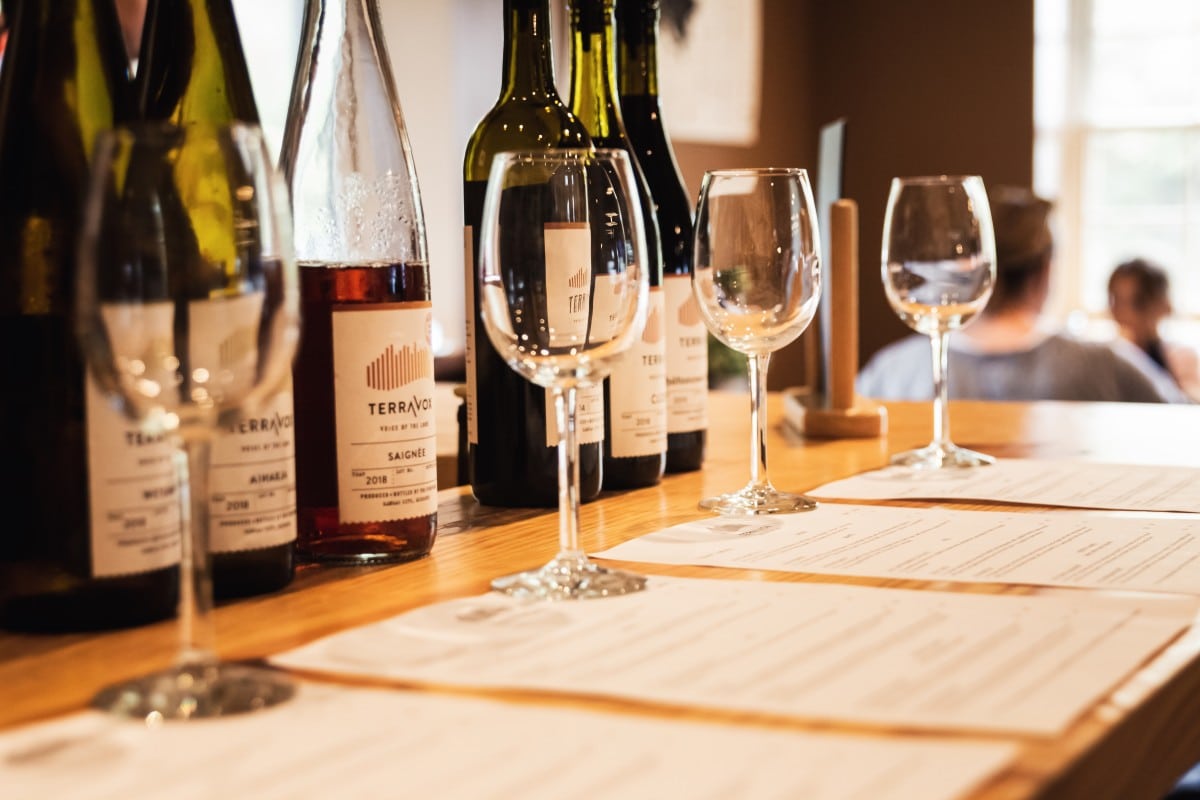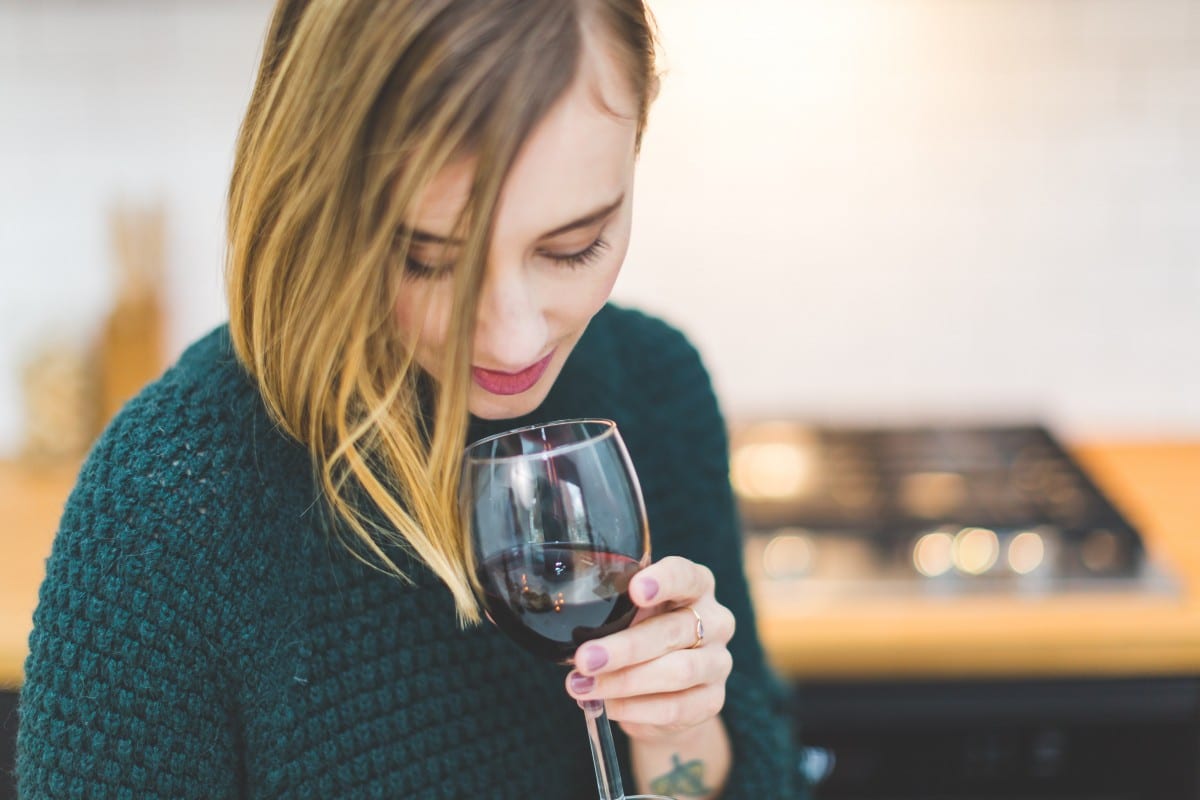Join us on a wine tasting excursion.
Wine tasting is the sensory examination and evaluation of wine. While the practice of wine tasting is as ancient as its production, a more formalized methodology has slowly developed over the last few centuries.
Wine tasting, also called wine sampling, is the act of drinking wine, typically at a wine tasting event. The act of wine tasting is not just about drinking wine, but also about evaluating the wine and understanding its characteristics. The goal of wine tasting is to evaluate the wine’s aroma, flavor, body, and finish.
The process of wine tasting begins with the visual examination of the wine. This includes looking at the wine’s color, clarity, and viscosity. The color of the wine can provide important information about the wine’s age and grape variety. For example, a young red wine will be a deep purple color, while an older red wine will be a brick red color. The clarity and viscosity of the wine can also provide important information about the wine’s age and grape variety.
The next step in the wine tasting process is the olfactory examination of the wine. This includes smelling the wine to evaluate its aroma and bouquet. The aroma of a wine is the wine’s primary scent, while the bouquet is the wine’s secondary scent. The aroma and bouquet of a wine can provide important information about the wine’s grape variety, aging, and winemaking methods.

The final step in the wine tasting process is the gustatory examination of the wine. This includes tasting the wine to evaluate its flavor, body, and finish. The flavor of a wine is the wine’s primary taste, while the body is the wine’s weight and texture in the mouth. The finish is the wine’s aftertaste. The flavor, body, and finish of a wine can provide important information about the wine’s grape variety, aging, and winemaking methods.
Wine tasting can be a fun and educational experience for wine enthusiasts of all levels. However, there are a few things to keep in mind to ensure that you get the most out of your wine tasting experience. Firstly, it is important to start with a clean palate. This means that you should avoid eating or drinking anything that may affect your sense of taste before the wine tasting. Secondly, it is important to use the correct glassware. This means that you should use a wine glass that is specifically designed for the type of wine that you will be tasting.
It is also important to approach a wine tasting with an open mind. Every wine is unique and has its own characteristics, and it is important to try and understand and appreciate each wine for what it is. Finally, it is important to take notes during a wine tasting. This will help you to remember the wines that you liked and did not like, and will also help you to understand the characteristics of each wine.
Wine tasting is a great way to learn more about wine and to appreciate its unique characteristics. Whether you are a wine enthusiast or just someone who is looking to try something new, wine tasting is a fun and educational experience that is well worth trying. Remember to approach a wine tasting with an open mind, use the correct glassware and take notes during the event, it will enhance your experience and understanding of the wine.

